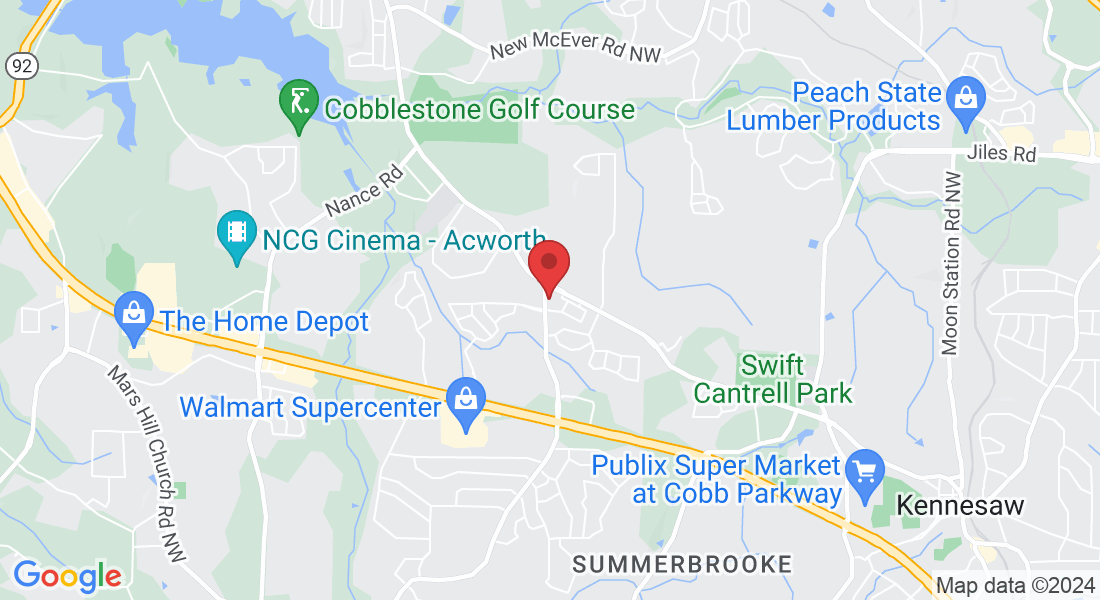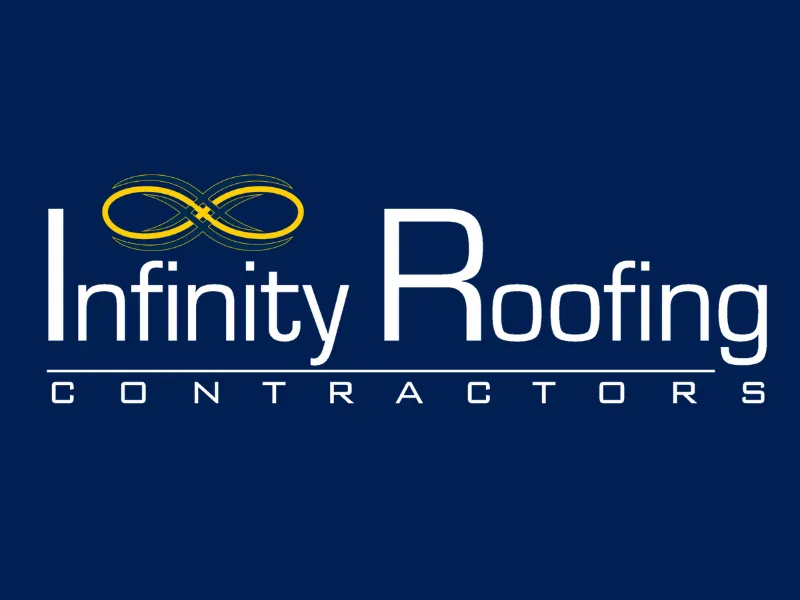Our Learning Center

Georgia's Roofing Regulations and Permits: What You Need to Know
Roofing projects are a significant undertaking for homeowners in the state of Georgia. Whether you're planning a roof replacement, repair, or even a new installation, it's crucial to understand the local regulations and permit requirements that may apply to your project. In this comprehensive guide, we will delve into Georgia's roofing regulations and permits, providing you with essential information to ensure a smooth and compliant roofing project. From navigating codes to obtaining permits, we've got you covered.
The Importance of Compliance
Before we dive into the specifics of Georgia's roofing regulations and permits, let's emphasize why compliance matters. Adhering to local regulations is not just a legal obligation; it's also essential for your safety, the structural integrity of your home, and the protection of your investment. Non-compliance can lead to costly fines, delays, and even the need to redo the work. Therefore, it's in your best interest to understand and follow the rules.
Georgia Building Codes
Building codes are essential regulations that govern construction practices to ensure the safety and well-being of residents. In Georgia, building codes are regulated by the Georgia Department of Community Affairs (DCA). The primary building code for residential construction in Georgia is the International Residential Code (IRC). It covers various aspects of residential construction, including roofing.
Roofing Codes in Georgia
The IRC contains specific provisions related to roofing, such as roofing materials, flashing, ventilation, and the installation of roofs. It sets standards for how roofing work should be performed to ensure the safety and durability of the roof.
Here are some key roofing-related aspects covered by the IRC:
Roofing Materials: The IRC outlines acceptable roofing materials, including asphalt shingles, metal roofing, and clay or concrete tiles. It also provides guidelines for the installation of these materials.
Flashing: Proper flashing installation around roof penetrations, such as chimneys, vents, and skylights, is crucial to prevent water infiltration. The IRC specifies the requirements for flashing.
Ventilation: Adequate roof ventilation is essential for preventing moisture buildup in the attic, which can lead to various issues, including mold growth. The IRC includes requirements for roof ventilation.
Roofing Installation: The IRC provides guidelines for the installation of roofing materials, including the use of underlayment, fasteners, and roof slopes.

Local Building Departments
While the IRC provides a comprehensive set of building codes for the state of Georgia, it's important to note that local building departments may have additional requirements and variations. These variations can include specific zoning regulations, wind resistance requirements, and permit fees.
To ensure compliance with local regulations, it's advisable to contact your local building department before starting any roofing project. They can provide you with information about local codes, permitting requirements, and the application process.
Roofing Permits in Georgia
In most cases, roofing projects in Georgia require a building permit. Obtaining a permit is a critical step in ensuring that your roofing project complies with local regulations and building codes. Here's what you need to know about roofing permits in Georgia:
When is a Roofing Permit Required?
A roofing permit is typically required for the following types of projects:
Roof replacements or re-roofing.
New roof installations, including on new construction.
Roof repairs that involve structural changes or alterations to the roofline.
The Permit Application Process
To obtain a roofing permit in Georgia, you will need to follow these general steps:
Contact Your Local Building Department: Reach out to your local building department to inquire about the specific permit requirements for your area. They will provide you with the necessary application forms and information on permit fees.
Complete the Application: Fill out the permit application form accurately, providing details about the scope of the roofing project, including the type of roofing materials, the area of the roof, and any structural modifications.
Submit Required Documents: Depending on your project, you may need to submit additional documents, such as engineered drawings or structural calculations. Check with your local building department for their specific requirements.
Pay Permit Fees: Roofing permit fees vary by location and are typically based on the project's value or size. Be prepared to pay the required fees when submitting your application.
Schedule Inspections: Once your permit is approved, you will need to schedule inspections at various stages of the roofing project, such as after the installation of underlayment and flashing and upon project completion.
Working with a Licensed Contractor
Hiring a licensed roofing contractor is an essential step in ensuring compliance with roofing regulations and codes. Licensed contractors are knowledgeable about local requirements and can navigate the permitting process on your behalf. When hiring a contractor, verify their licensing status and ask for references to ensure they have a history of compliance and quality work.
Conclusion
Understanding Georgia's roofing regulations and permits is a fundamental part of any roofing project in the state. By adhering to building codes, obtaining the necessary permits, and working with a licensed contractor, you can ensure that your roofing project meets safety standards and local requirements. Failure to comply with regulations can result in costly consequences, so it's always wise to prioritize compliance and quality in your roofing endeavors.
If you're planning a roofing project in Acworth, GA, and need expert guidance and assistance, contact Infinity Roofing Contractors. Our experienced team is well-versed in local regulations and can help you navigate the permitting process while delivering top-quality roofing services.
How can we help you today?
Our family is standing by to help yours.










